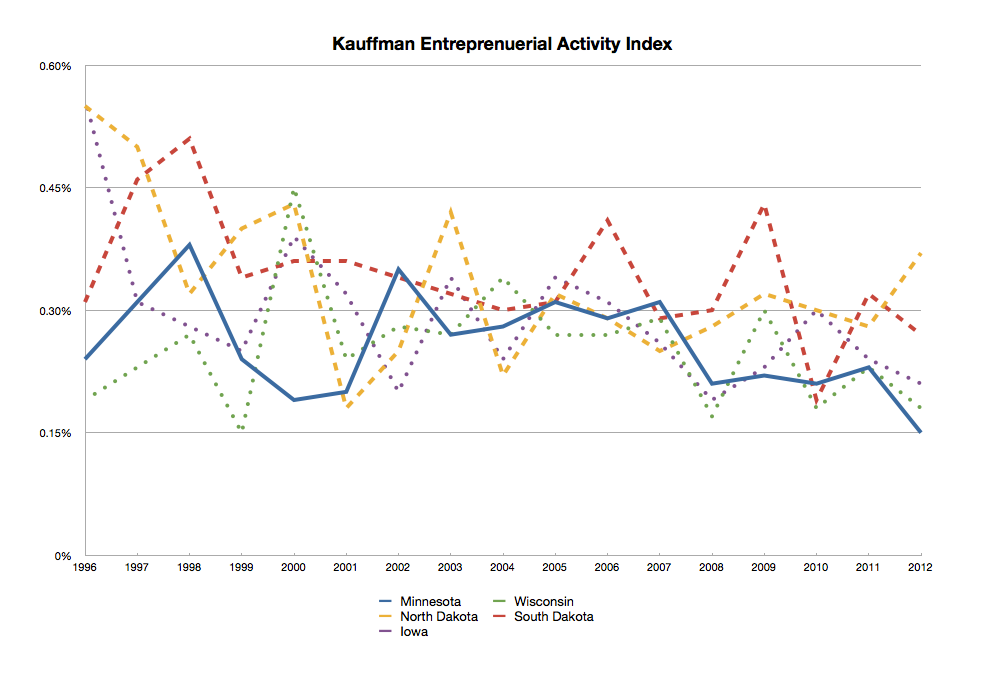This post is part of a series on a lack of working capital. You can find part one here and part three here.
A Lack of Capital Limits Your Hiring.
Oftentimes, the right employee comes along at the wrong time—when a business is strapped for cash. Adding an additional person to the payroll is usually the last thing a small business is going to do when they are short on cash.
However, hiring the new employee would really allow the business to grow. Maybe they are a star salesperson or an amazing administrator. By growing sales or making the office run more efficiently, the new employee can give the business an advantage over its competitors.
Hiring for these key spots will also free up the time of the business owner to do more profitable and productive activities than he or she is currently doing. The owner of the company is often the best salesperson. If the owner can reduce his administrative duties and be out of the office focusing on high-value accounts, then the company can drastically increase their sales. The business owner can also focus more of his time on other high-level activities such as marketing and managing the company’s cash flow and finances, allowing the business to thrive.
Let’s look at an example of how a lack of working capital was affecting a company’s hiring.
Tim’s Temporary Staffing Company was on the way up, but the company’s cash position was tight. Trying to meet payroll, making tax payments, and keeping vendors paid was tough when customers regularly took 30 to 60 days to pay their invoices.
One day, out of the blue, Tim received a call from John, a salesperson at one of his larger competitors. The company John worked for, ACME Staffing, was known for its superb sales force and its ability to close on contracts with large, local companies. Tim listened to John’s explanation about how he was looking to work for a smaller company and would be able to bring a good book of business over to Tim’s Temporary Staffing Company.
Tim’s heart sank when they started discussing John’s compensation needs. Because ACME was so big, it paid its salespeople both salary and commission. Tim could handle the commission, but adding one person to his payroll would put Tim’s company into a negative cash flow situation. Realizing he would be unable to meet all his cash needs, Tim proceeded to tell John that he was unable to hire him right now because of his tight cash flow.
The story above is an all-too-common example of how a lack of working capital holds back a company’s hiring. What Tim should realize, however, is that there are some options for him to increase his working capital.
How Tim’s Temporary Staffing Company Can Increase Its Working Capital.
Tim’s company has good contracts and invoices its customers every two weeks. His customers are typically medium-to-large businesses that need seasonal help. His customers, however, take 45 days to pay his invoices, while Tim needs to meet his payroll bi-weekly and make tax deposits monthly. This puts Tim’s Temporary Staffing in a cash crunch.
In addition, as Tim adds more customers, his lack of capital compounds as he has to meet more and more payroll while his receivables continue to grow. If Tim’s Temporary Staffing Company could turn its invoices into cash, Tim would have the cash on hand to meet payroll, make tax deposits, AND bring on that superstar salesman John.
Do You Have a Business that Can Grow Like Tim’s Temporary Staffing Company?
It’s common for the growth of a business to be limited by a lack of working capital. If you’ve found yourself in a situation similar to Tim’s, where you can hire more people and free up your time by having more working capital, let’s talk. At Commonwealth Capital, we help our clients solve the challenges brought about by a lack of working capital. By turning invoices into cash and proactively managing receivables, we are focused on helping our clients grow.





